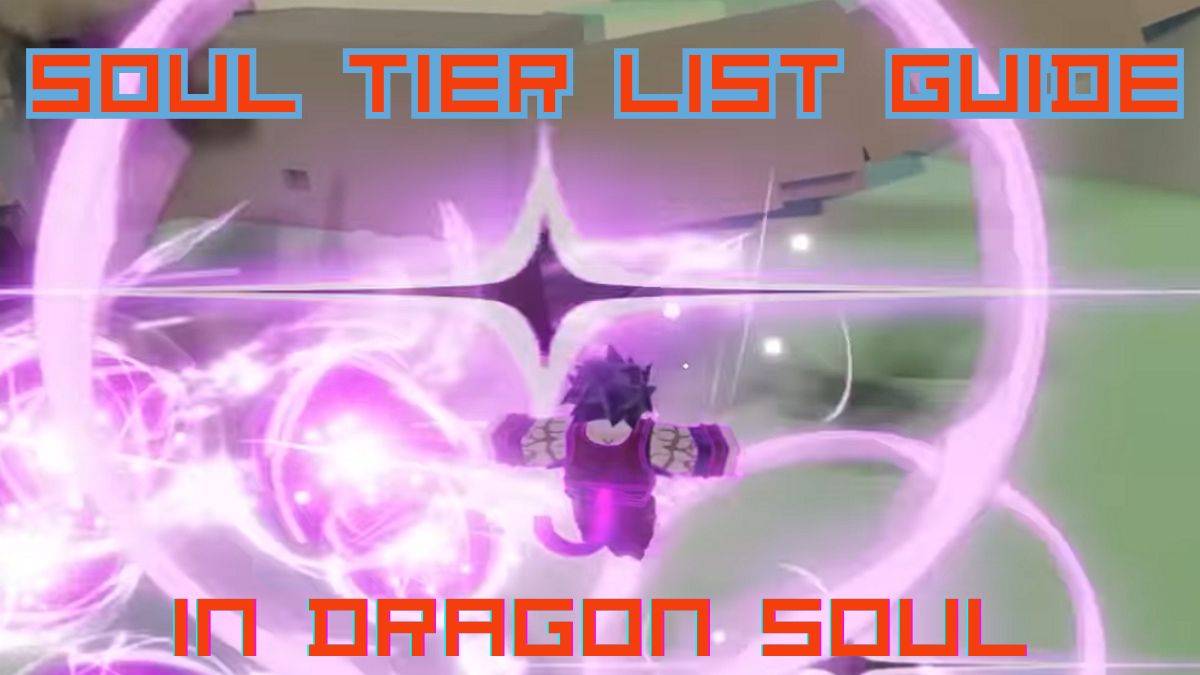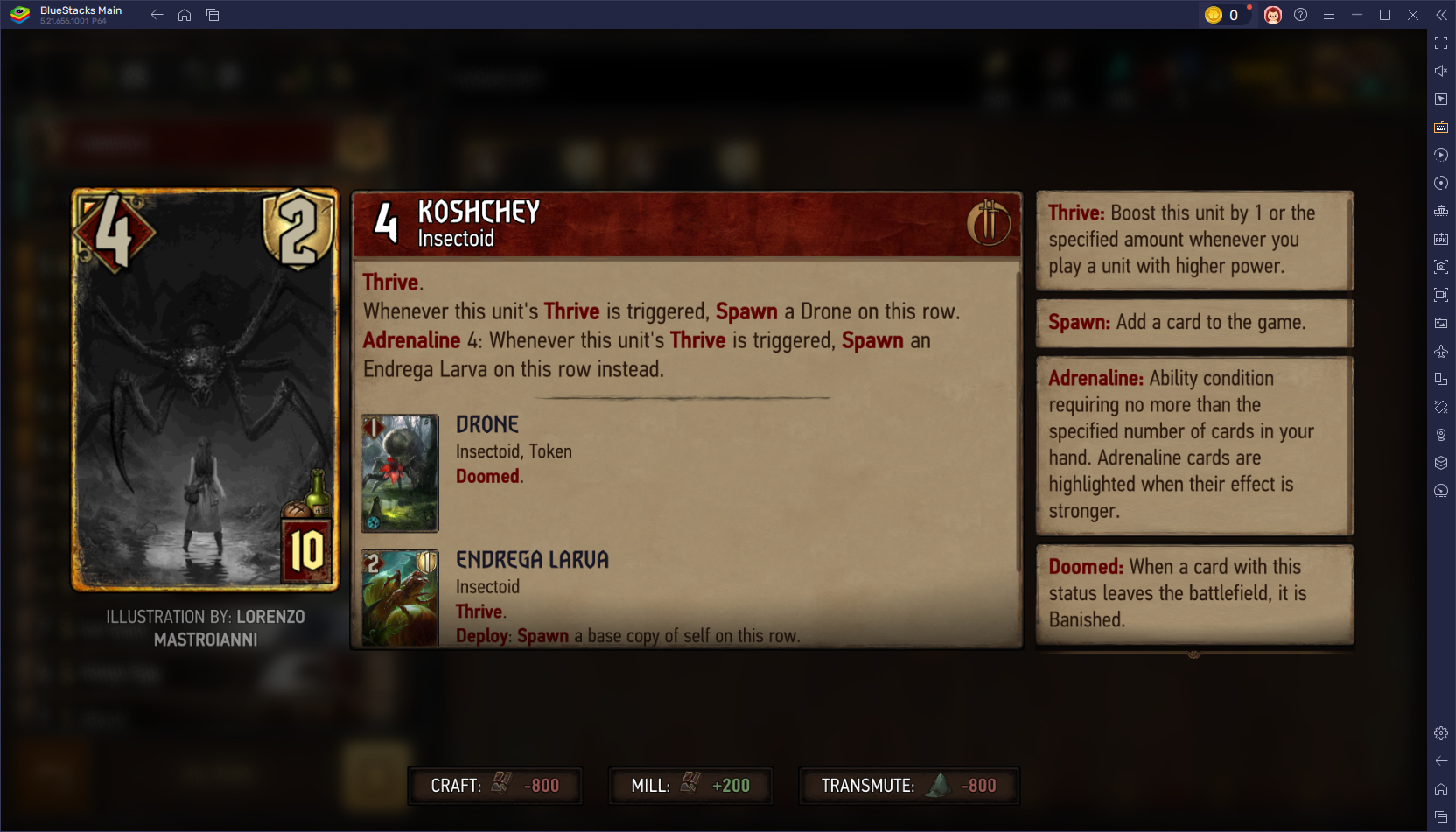Playing As Yasuke in Shadows Doesn’t Feel Like Assassin’s Creed, He’s Something New
- By Eric
- Mar 26,2025
Thanks to a renewed focus on the core elements that made the series iconic, Assassin's Creed Shadows delivers the most satisfying experience the franchise has offered in years. The game features an exceptional parkour system reminiscent of Unity, allowing you to seamlessly transition from the ground to castle rooftops. The addition of a grappling hook enhances your ability to reach prime vantage points quickly and efficiently. Perched on a tightrope high above the enemy, you're just a drop away from executing the perfect kill—as long as you're playing as Naoe, that is. However, switching to Yasuke, Shadows' second protagonist, introduces a completely different gameplay dynamic.
Yasuke is slow, clumsy, and incapable of silent takedowns. His climbing abilities are rudimentary at best, making him a stark contrast to the agile and stealthy protagonists typical of Assassin's Creed. Initially, this departure from the series' norms felt frustrating. Why include a protagonist who struggles with the fundamental aspects of an Assassin's Creed experience? Yet, as I delved deeper into Yasuke's gameplay, I began to appreciate his unique design and the fresh perspective he brings to the franchise.
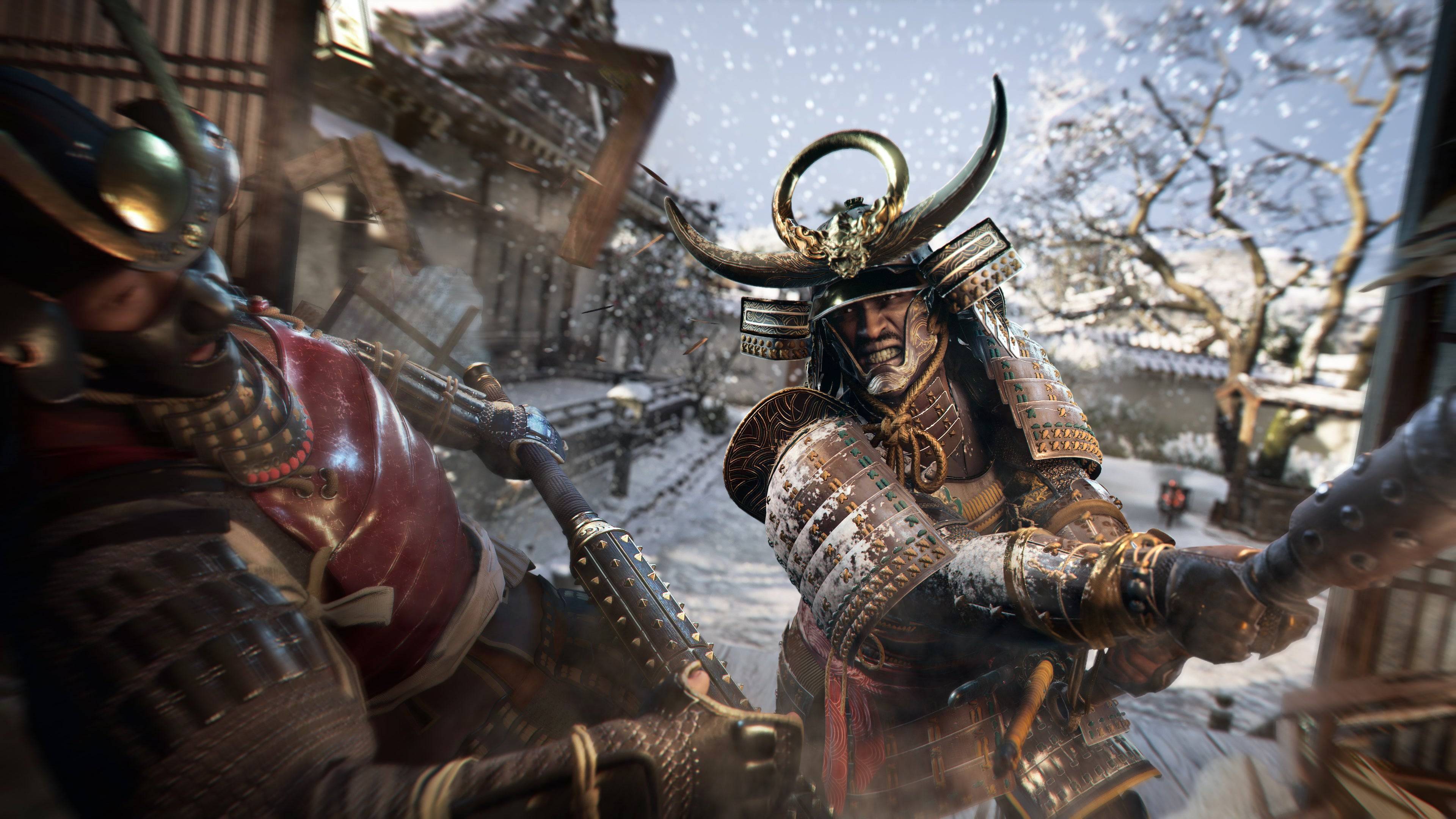
You don't get to play as Yasuke until several hours into the campaign, after spending significant time with Naoe, the swift shinobi who epitomizes the assassin role better than any protagonist in recent memory. The transition to Yasuke is jarring; his towering stature and loud movements make sneaking through enemy camps nearly impossible. His climbing limitations introduce friction, turning what should be an exciting part of the game into a laborious task. This design choice subtly encourages players to stay grounded, which in turn affects your ability to survey the environment and plan your moves effectively.
Assassin's Creed has always been about stealthy kills and vertical exploration, aspects that Yasuke directly opposes. Playing as him feels more akin to Ghost of Tsushima than Assassin's Creed, emphasizing fierce combat over stealth and parkour. Yasuke's gameplay challenges you to rethink the traditional Assassin's Creed approach. While he can't climb freely like his predecessors, careful observation reveals alternative paths designed specifically for him, adding a layer of strategic depth to navigating the game world.
Yasuke's only stealth ability, the "Brutal Assassination," is anything but subtle, serving more as a combat initiation than a silent takedown. However, when combat ensues, Shadows showcases the best swordplay the series has seen in over a decade. Each strike is purposeful, and the variety of techniques—from rush attacks to satisfying ripostes—makes every battle engaging. The contrast between Yasuke's combat prowess and Naoe's stealthy approach highlights the distinct experiences offered by each protagonist.
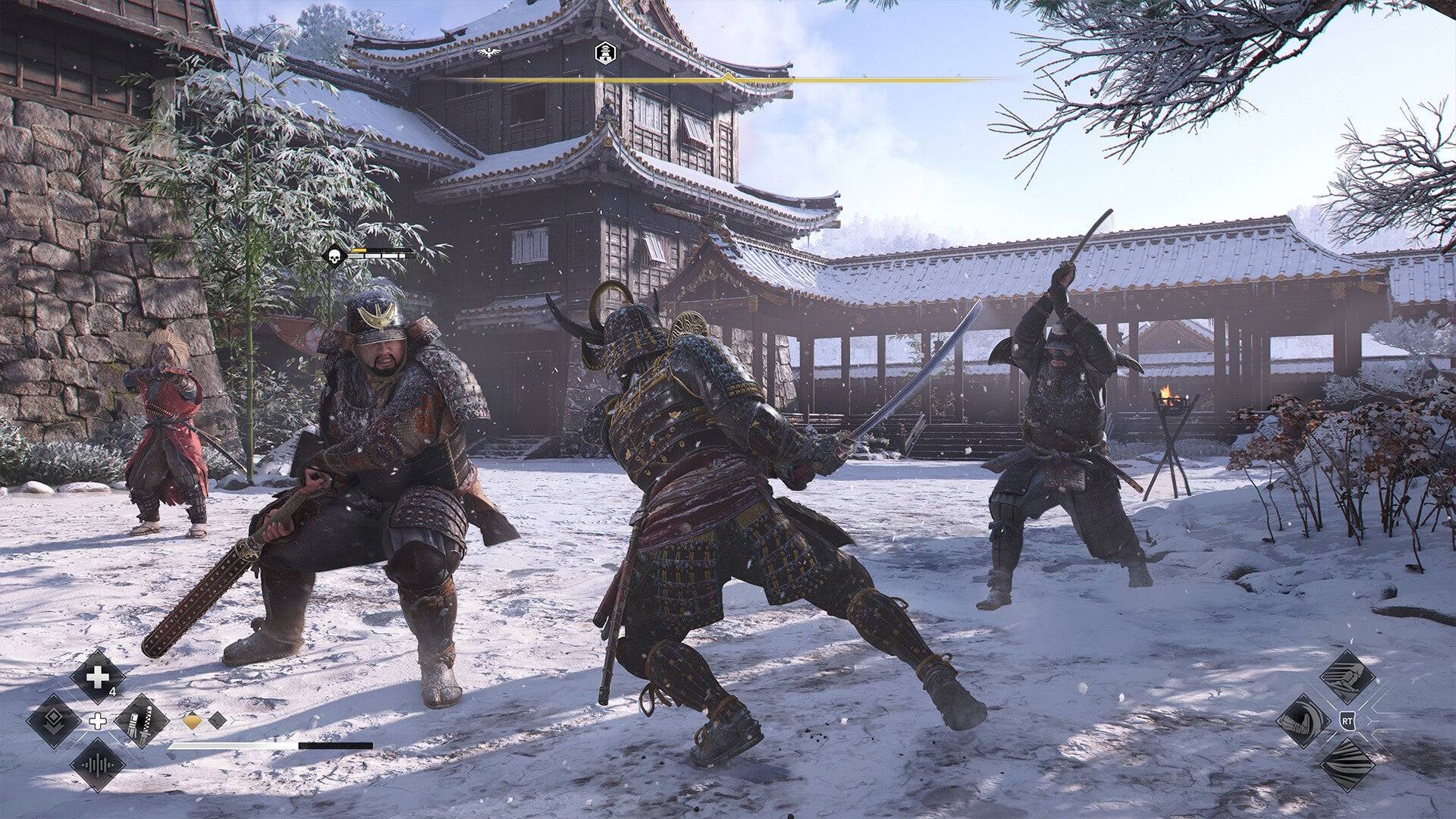
The division of combat and stealth between Yasuke and Naoe prevents the series from leaning too heavily into action, a criticism leveled at recent entries like Origins, Odyssey, and Valhalla. Naoe's fragility ensures that stealth remains crucial, while Yasuke's strength allows for a more direct combat approach, offering a refreshing break from the tension of sneaking around.
While Yasuke's design is intentional and thought-provoking, it raises questions about his fit within the Assassin's Creed universe—a series built on stealth and vertical exploration. His thematic appropriateness as a samurai who struggles with stealth and climbing is clear, but it means you can't fully engage with the traditional Assassin's Creed gameplay when controlling him.
The real challenge for Yasuke is Naoe's presence. Mechanically, Naoe is the best Assassin's Creed protagonist in years, perfectly complementing the verticality of Sengoku Period Japan. Her ability to climb almost anywhere, combined with a more realistic approach to parkour, enhances the series' signature sandbox experience. Naoe's combat, while just as impactful as Yasuke's, requires a different strategy due to her relative fragility, making her a more versatile choice for players.
AnswerSee ResultsUltimately, Ubisoft's decision to offer two distinct playstyles with Yasuke and Naoe creates a compelling yet challenging dynamic. While Yasuke provides a unique combat-focused experience that is a first for the series, he fundamentally opposes the core ideas of Assassin's Creed. Therefore, while I appreciate the thrill of Yasuke's combat, it's through Naoe that I truly immerse myself in the world of Assassin's Creed Shadows, embracing the stealth and exploration that define the franchise.
Related Articles
More >-
- Bungie's Marathon Teases New Revelations
- 05/12,2025
-
-
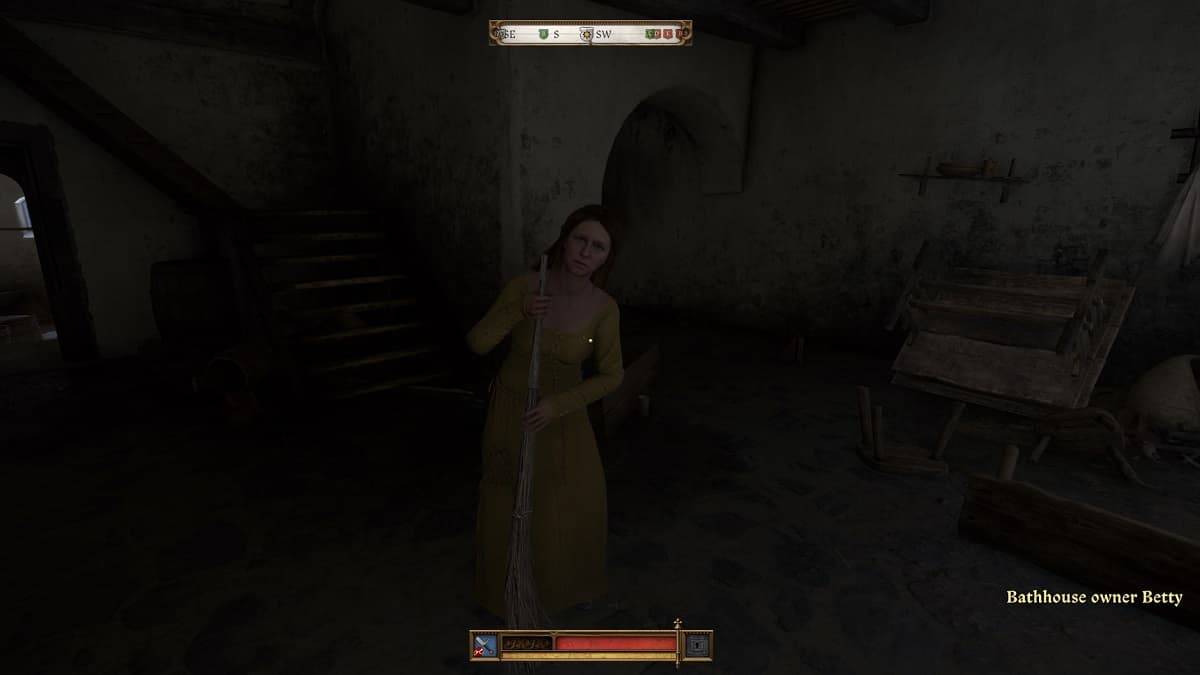
-

Latest News
more >-

- Valhalla Ashes: Tips for Faster Progression
- Dec 30,2025
-
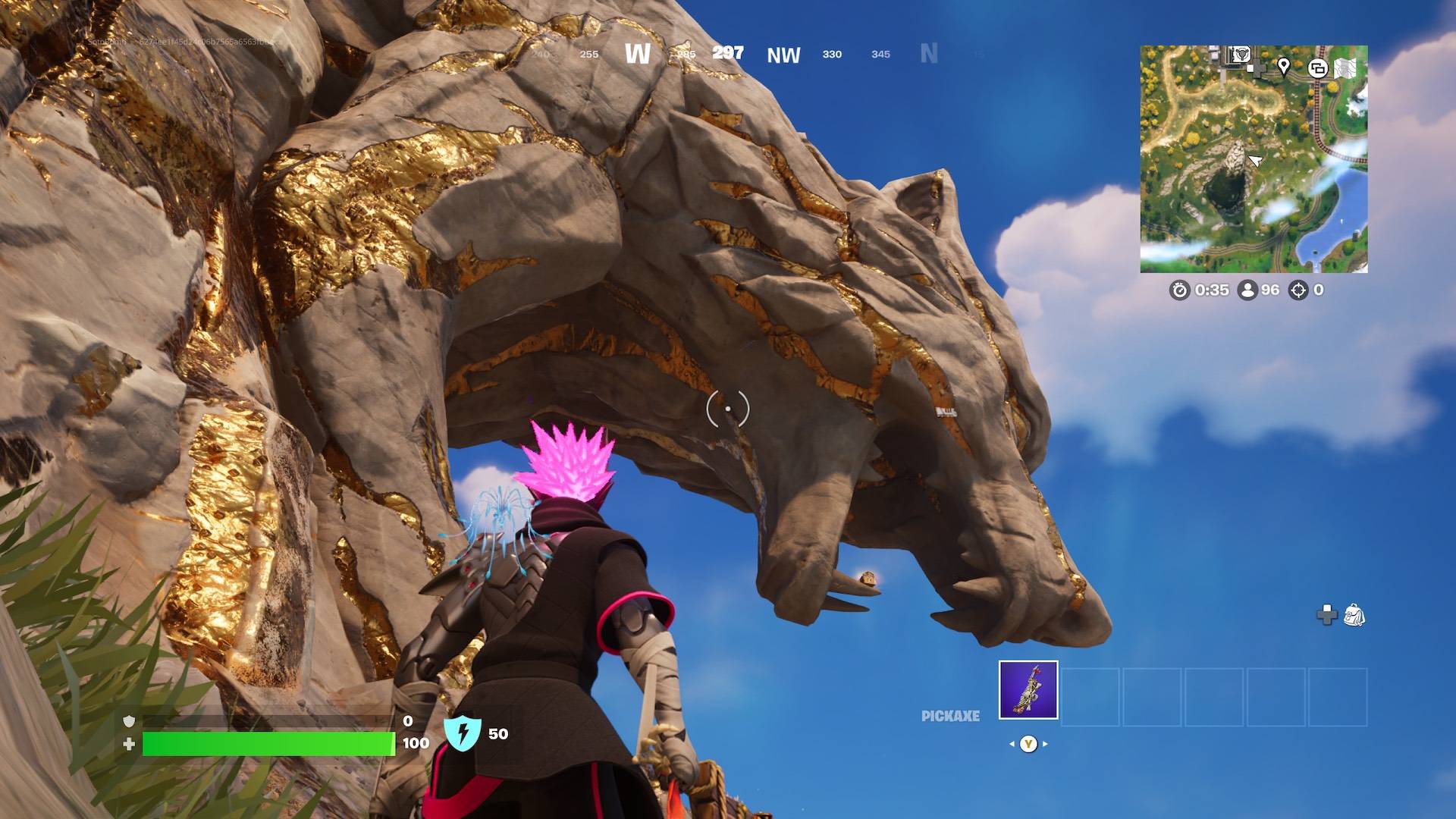
- Fortnite Ch6 S2: Secret Wolf Pack Unleashed
- Dec 30,2025
-
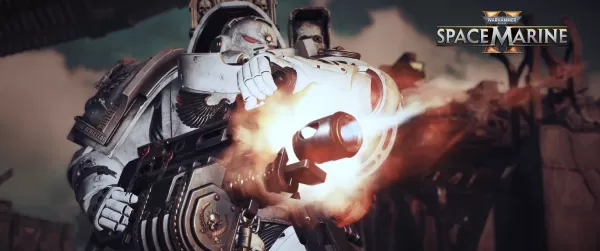
-

- Beat the Heat with $13 Neck Fan Before Prime Day
- Dec 29,2025
-


